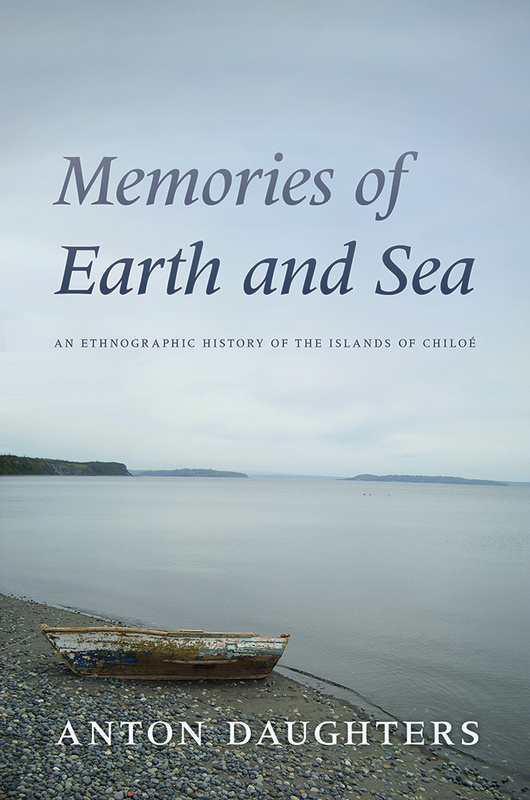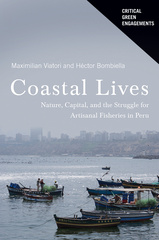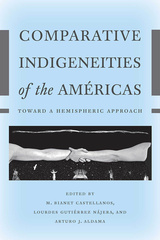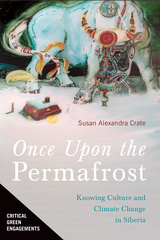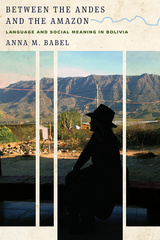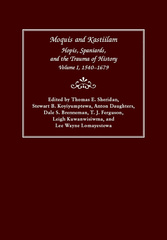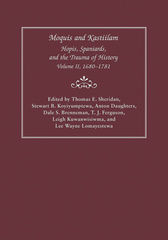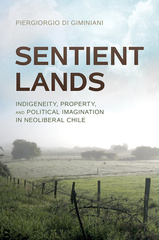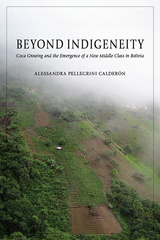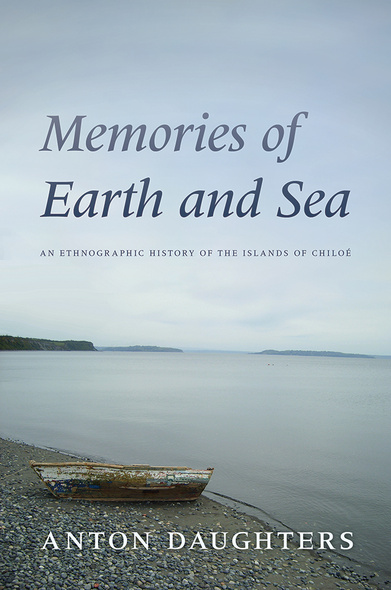
200 pages, 6 x 9
20 b&w photos, 1 map
Hardcover
Release Date:19 Nov 2019
ISBN:9780816540006
Memories of Earth and Sea
An Ethnographic History of the Islands of Chiloé
The University of Arizona Press
Memories of Earth and Sea recounts the history of more than two dozen islands clustered along the Patagonian flank of South America. Settled over the centuries by nomadic seafarers, indigenous farmers, and Spanish explorers, southern Chile’s Archipelago of Chiloé remained until recently a rural outpost resistant to cultural pressures from the mainland. Islanders developed a way of life heavily dependent on marine resources, native crops like the potato, and the cooperative labor practice known as the minga.
Staring in the 1980s, Chiloé was thrust into the global economy when major companies moved into the region to extract wild stocks of fish and to grow salmon and shellfish for export. The archipelago’s economy shifted abruptly from one of subsistence farming and fishing to wage labor in export industries. Local knowledge, traditions, memories, and identities similarly shifted, with young islanders expressing a more critical view of the rural past than their elders.
This book highlights the region’s unique past, emphasizing the generational tensions, disconnects, and continuities of the last half century. Drawing on interviews, field observations, and historical documents, Anton Daughters brings to life one of South America’s most culturally distinct regions.
Staring in the 1980s, Chiloé was thrust into the global economy when major companies moved into the region to extract wild stocks of fish and to grow salmon and shellfish for export. The archipelago’s economy shifted abruptly from one of subsistence farming and fishing to wage labor in export industries. Local knowledge, traditions, memories, and identities similarly shifted, with young islanders expressing a more critical view of the rural past than their elders.
This book highlights the region’s unique past, emphasizing the generational tensions, disconnects, and continuities of the last half century. Drawing on interviews, field observations, and historical documents, Anton Daughters brings to life one of South America’s most culturally distinct regions.
Daughters reminds us that it is from the contradictions of longing for difficult pasts that dynamic forms of identity emerge and Indigenous heritage is rediscovered in daily life vis-à-vis promises of ineluctable modernization.’—Piergiorgio Di Giminiani, author of Sentient Lands: Indigeneity, Property, and Political Imagination in Neoliberal Chile
' There is something seductive about [Memories of Earth and Sea], largely due to the careful, sensitive, and evocative portrait that Daughters paints of Chiloé and the inclusion of the voices of the islanders themselves. Its length and accessibility make the book ideal for undergraduate courses on Chile, the Pacific, and historical anthropology.'—Raymond Craib, Hispanic American Historical Review
'This is an essential book for anyone interested in Chiloé and southern Chile, as well as a wider readership interested in learning, through an open, fluid narrative, how the complex intersections of the local and the global occur in a remote part of the world. The conceptual approach is not restricted to the ethnographic´ scenario that the author describes from Chiloé, since the model enables us to think about the dynamics of cultural identity in other contexts, particularly in Latin America.'—Gonzalo Saavedra, American Anthropologist
Anton Daughters is an associate professor of anthropology at Truman State University. He is co-editor of Chiloé: The Ethnobiology of an Island Culture and Moquis and Kastiilam: Hopis, Spaniards, and the Trauma of History.
Acknowledgments
Introduction
1. Indigenous Origins: Chonos and Huilliches
2. Colonial Years and Beyond: The Emergence of Chilote
3. Rural Livelihoods and Mingas: The Memories of Older Islanders
4. Dictatorship, Neoliberalism, and the New Economy of Chiloé
5. Wage Labor and the New Mingas: Memories of Younger Chilotes
6. Identity Pushback: The Case of Llingua
7. Challenges Ahead: Confronting Globalization
Conclusion: Observations on Identity
Notes
References
Index

